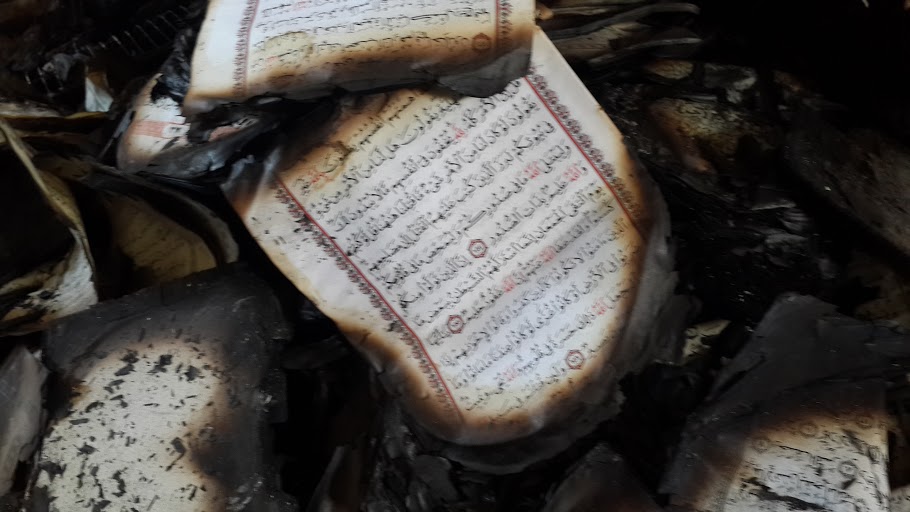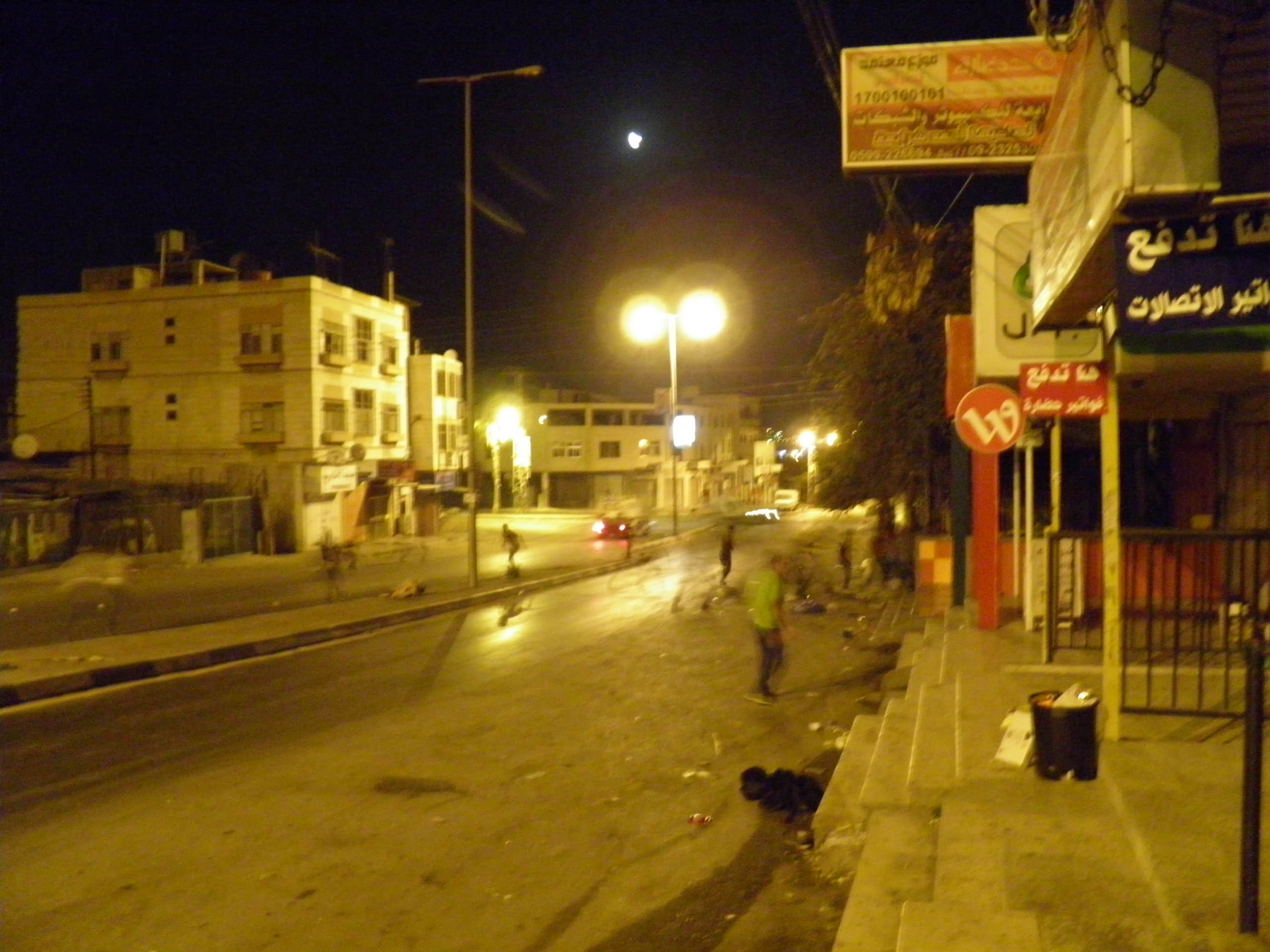Tag: Night Raid
-
Second mosque burnt in the West Bank this month
12th November 2014 | International Solidarity Movement, Ramallah Team | Mughayir, Occupied Palestine At 18:00 yesterday, the Israeli army closed the main entrance to Mughayir village until midnight. At midnight the army infiltrated the village and patrolled its empty streets for the next four hours. Sometime between 2:30-3:30 am, villagers noticed that the mosque was on fire. Failing to…
-
21 Palestinians arrested in Qarawat Banea Hassan since July
4th October 2014 | International Solidarity Movement, Nablus Team | Qarawat Banea Hassan, Occupied Palestine On the 30th of September, six young men from the village of Qarawat Banea Hassan, south of Nablus, were arrested by the Israeli military. At 1am, five jeeps with around 20 solders surrounded the village looking for Jema Kanan (23-years old), Jema Rayan (22-years…
-
Israeli settlers and soldiers invade Balata refugee camp
20th September 2013 | International Solidarity Movement, Nablus team | Occupied Palestine On the 17th of September, under heavy Israeli army protection, Israeli settlers from nearby illegal settlements entered Nablus with the aim of praying at Joseph’s tomb in Balata refugee camp. Just after midnight, the Israeli army closed the district that surrounds the monument, blocking all the…



